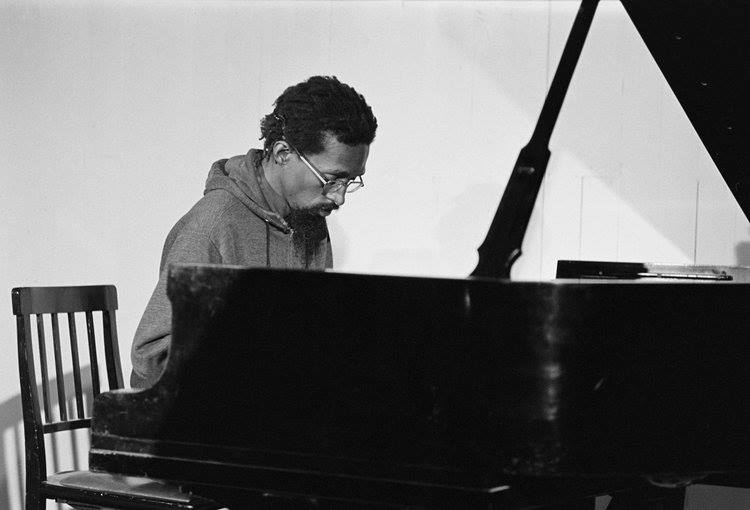

He wasn’t afraid to use popular music inflections in his work, and that type of risk-taking in our field–combined with an absolute mastery and understanding of harmony, tension and form–is what makes his music successful. Eastman’s relevance is based on his authenticity and willingness to bare all of himself in his work and try out different idioms, whether they be blues sonorities, liturgical quotations, or Patti Smith-inspired bass lines. To be very honest, his music should have been more relevant and celebrated in his time, but alas, many of the same “gate keeper” systems surrounding the classical sphere are alive and well today. Seth Parker Woods–Photo by James Napoli What makes Eastman’s music more relevant today as increasing attention is given to underrepresentation in classical music? All that is to say, I am more hands off at this point and just want to make sure everyone in the group trusts each other to collectively carry the music to the end. A different layer of ecstasy, joy, and focus occurs during the act of performing, and it is during that time that one fully understands what Eastman has constructed and what he wants you to learn from it. On a macro level, you learn the most about “how to play Eastman” simply by doing so in concert. I personally think over-analysing each musical cell goes against the nature of this work. In 2021, my relationship has only deepened from a distance with Femenine. When Wild Up began working on the piece back in 2019, I really wanted to make sure we understood the form, the subtle shifts from one cell to the next, and the internal interplay between musicians-a sense of trust must be there so that the rest can take care of itself.

Femenine is a work and experience like so many of his compositions, that prioritises the agency of the performer to actively make subjective/collective choices which will inform and alter the music’s internal landscape. In listening back to that performance, I realize just how brilliant Eastman was.

Leading up to the performance, there were still so many questions regarding form, the role of the bells, the evolution of rhythmic and harmonic material, and most importantly, the performative interchange between the performers. Fast forward to May 2018, my colleagues and I at Monday Evening Concerts in Los Angeles were preparing to present Femenine for the first time on the West Coast. Seeing his many admirers share stories and perform his works that up till then I had yet to hear live shook something within me. Around the same time of that concert, I took part in The Kitchen’s expansive retrospective that aided in rekindling the Eastman’s legacy. Great question! 2018 marked the two year anniversary of my return to the United States after a long sojourn in Europe. How has your connection to Femenine evolved since your 2018 performance of it at the Colburn School? 1: Femenine on New Amsterdam Records, Seth Parker Woods offered his perspective for what this project means to him and the impact he hopes it will have. Ahead of the Jrelease of Julius Eastman Vol. It’s his musical genius-in the same way Beethoven and Mozart are remembered-in which Eastman’s legacy should be enshrined, says Parker Woods. Parker Woods prefers that the composer not be remembered by his struggle with addiction and homelessness. Largely invisible composers like Julius Eastman can finally be acknowledged as having lived at all.Īmong those who have already been paying homage to the life of Julius Eastman is Seth Parker Woods, a bandleader and cellist on this project. Significant about this release is the fact that Julius Eastman died in 1990, unbefitting the tradition of New Amsterdam Records recording living composers. This in itself meets the growing calls for minority inclusion in classical music. Given the past year’s heightened attention to anti-racism, it’s only fitting to revive the works of a gay Black composer who can hardly be found in the canon. Wild Up’s premiere studio recording of Julius Eastman’s Femenine on New Amsterdam Records is the beginning of a years-long project to anthologize his work.


 0 kommentar(er)
0 kommentar(er)
